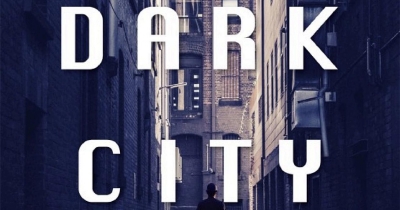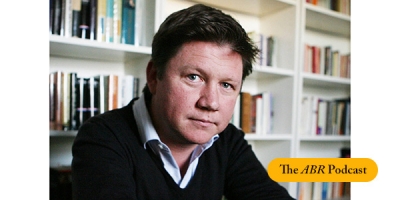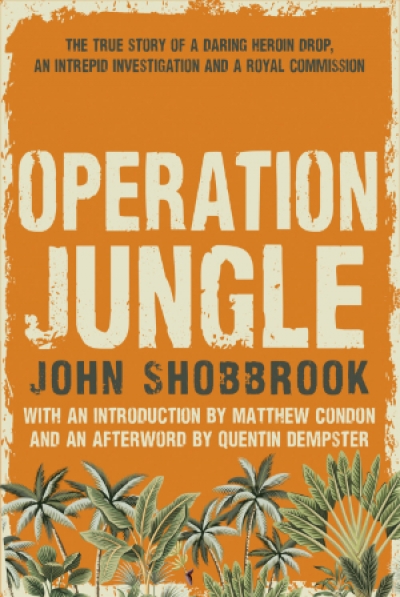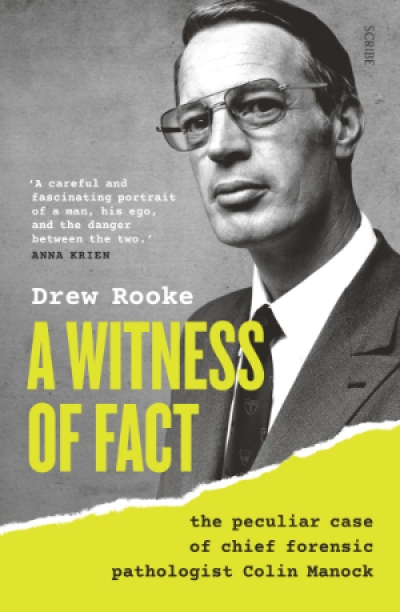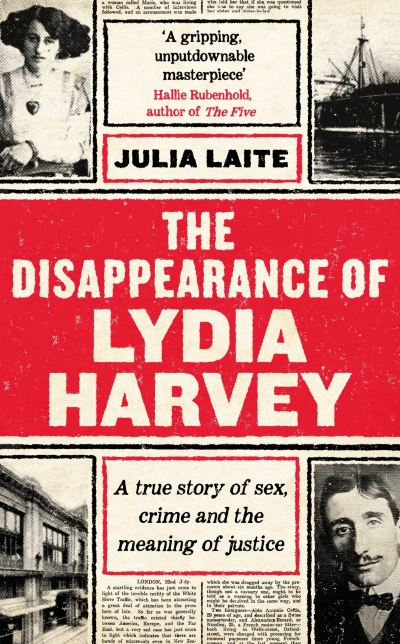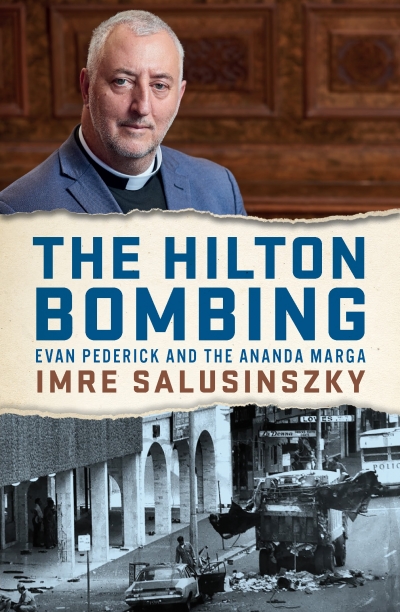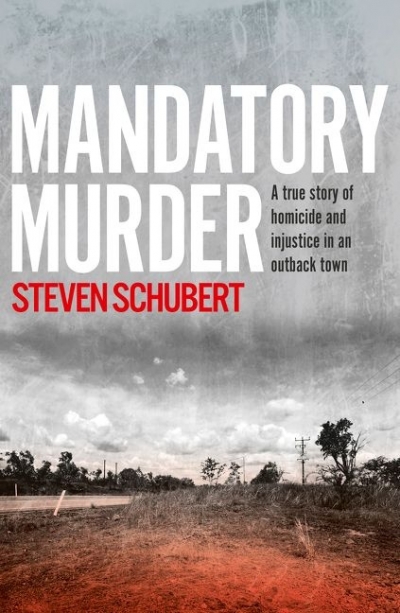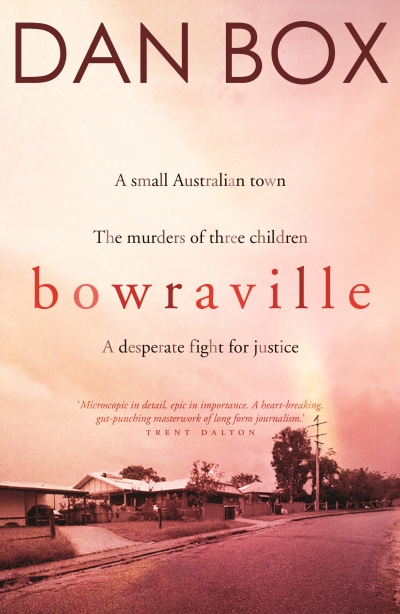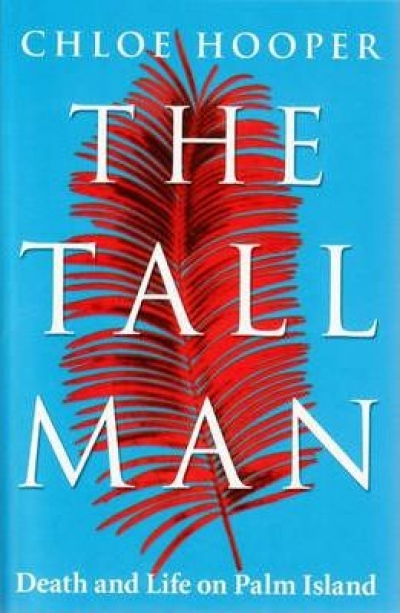True Crime
Sign up to From the Archive and receive a new review to your inbox every Monday. Always free to read.
Recent:
Dark City: True stories of crimes, cock-ups, crooks and cops by John Silvester
by Jonathan Ricketson •
This week on The ABR Podcast Geordie Williamson reviews Highway 13, a collection of short stories by Fiona McFarlane. Each story is concerned with murder, that ‘ultimate de-creative act’, and might be thought of as true crime, given the real-world familiarity of characters, places, plots. Geordie Williamson is a literary critic, editor and the author of The Burning Library: Our greatest novelists lost and found. Listen to Geordie Williamson’s ‘A chorus of souls: Fiona McFarlane’s discursive theodicy’, published in the September issue of ABR.
... (read more)A Witness of Fact: The peculiar case of chief forensic pathologist Colin Manock by Drew Rooke
by Alecia Simmonds •
The Disappearance of Lydia Harvey: A true story of sex, crime and the meaning of justice by Julia Laite
by Alecia Simmonds •
The Winter Road: A story of legacy, land and a killing at Croppa Creek by Kate Holden
by Cameron Muir •
The Hilton Bombing: Evan Pederick and the Ananda Marga by Imre Salusinszky
by Jacqueline Kent •
Mandatory Murder: A true history of homicide and injustice in an outback town by Steven Schubert
by Russell Marks •
The Tall Man by Chloe Hooper & Gone For A Song by Jeff Waters
by David Trigger •


